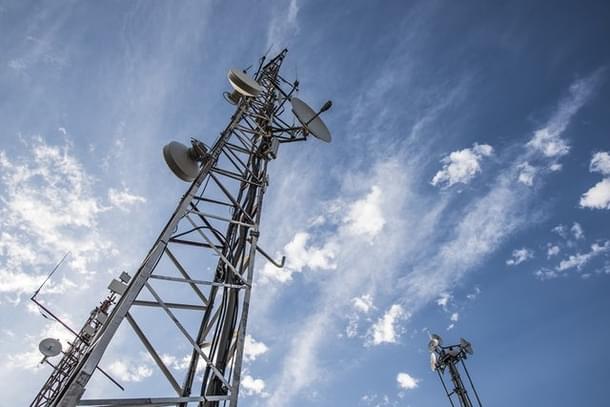Economy
With Likely Tata Exit And RCom Tottering, Telecom May Be An Oligopoly Of Three Private Operators By 2020
R Jagannathan
Aug 04, 2017, 11:53 AM | Updated 11:53 AM IST
Save & read from anywhere!
Bookmark stories for easy access on any device or the Swarajya app.


It has been clear for a while that the Tatas will be the next wicket to fall in the hyper-competitive telecom industry, where the entry of Reliance Jio with very low data tariffs has pushed most of the big players into losses.
The last one year has seen Vodafone announce a merger with Idea Cellular, Airtel acquiring Telenor, and Reliance Communications huffing and puffing to repay debts even as its merger with Sistema and Aircel is still to be completed.
This leaves only the Tatas with a depleting sack of subscribers – a meagre 45 million, the lowest in the industry (excluding government-owned MTNL), and falling fast. In May, according to Telecom Regulatory Authority of India (Trai) data, Tata lost 2.1 million subscribers, the highest in the industry.
This offers us a key insight: customers may be forcing a consolidation even if bankers and debtors are gung-ho about it.
Customer acquisition (or loss) trends in May indicate how users are slowly migrating to service providers who they think will remain in business.
Airtel and Jio had the highest subscriber additions of 2.09 million and 4.78 million in May, followed by BSNL and Vodafone with 1.35 million and 1.13 million.
Others added either marginally or lost users, with Tatas losing the most, followed by Telenor, which is anyway winding down following the sale to Airtel.
That BSNL added more subscribers that Vodafone and Idea put together (1.35 million versus 1.13 million plus 0.19 million), suggests that customers believe that BSNL will always be there, even if the rest cop out.
The new pecking order based on announced mergers, in terms of subscribers, is Vodafone + Idea (407 million), Airtel + Telenor (326 million), Reliance Communication + Sistema + Aircel (177 million), Jio (117 million), and BSNL + MTNL (107 million).
The odd one out is Tata, with just 45 million. It is not a huge addition for anybody except Jio and BSNL, though Airtel may want to buy purely to pre-empt Jio from gaining.
Ever since N Chandrasekaran took over as chairman of Tata Sons last February, plans to get out of telecom have been fast-forwarded, but there has not been much progress due to the complex nature of the deal the Tatas seem to want. The Tatas have four entities in the telecom/DTH space - Tata Teleservices, which is unlisted, Tata Tele (Maharashtra), which is listed, Tata Communications, which is unlisted, and Tata Sky, the DTH operator, which too is unlisted. Between them they have over Rs 48,000 crore in debt. The Tatas, according to reports, want a deal in which all of them are sold as a package, when only Tata Communications and Tata Sky are profitable.
The Economic Times today (4 August) reported that Bharti Airtel has cooled off on talks with the Tatas as its investors may not want a complex deal; another report, in The Times of India, said that the Tatas are now exploring a deal with Reliance Industries.
Among private players, only Bharti Airtel and Reliance Jio make sense for a sale, since only they can afford the huge debts that will come along with the purchase.
A third possibility is sale to the government-owned BSNL, but given the bureaucracy and political scrutiny associated with any government company, it is easily the least likely option to be chosen.
The bottomline is this: one can be sure that the Tatas will be out by the end of this fiscal year. That leaves five major players, Airtel, Vodafone-Idea, Jio, RCom, and BSNL.
But if one assumes that RCom will finally have to exit too (can one imagine two Reliance companies in the same space forever?), we have the intriguing possibility that only three large private players will remain.
When this happens, the huge gains customers have made in terms of low tariffs from hyper competition will end.
By 2019 or 2020, we will have a private sector oligopoly in telecom, with government-owned BSNL as the only balancing factor.
The government should quickly put BSNL on the block, when a good price may be available, and not after three years, when it will be candidate for becoming the next Air India.
Jagannathan is former Editorial Director, Swarajya. He tweets at @TheJaggi.





